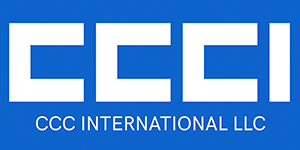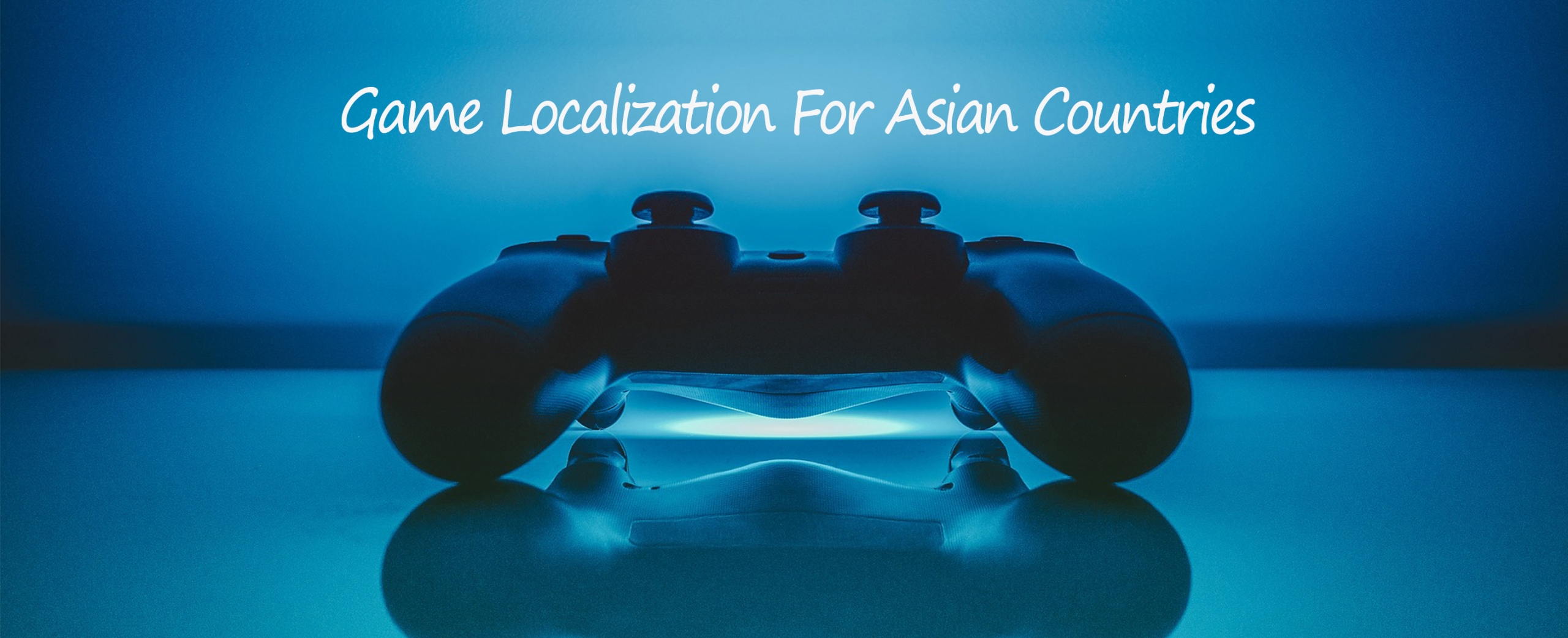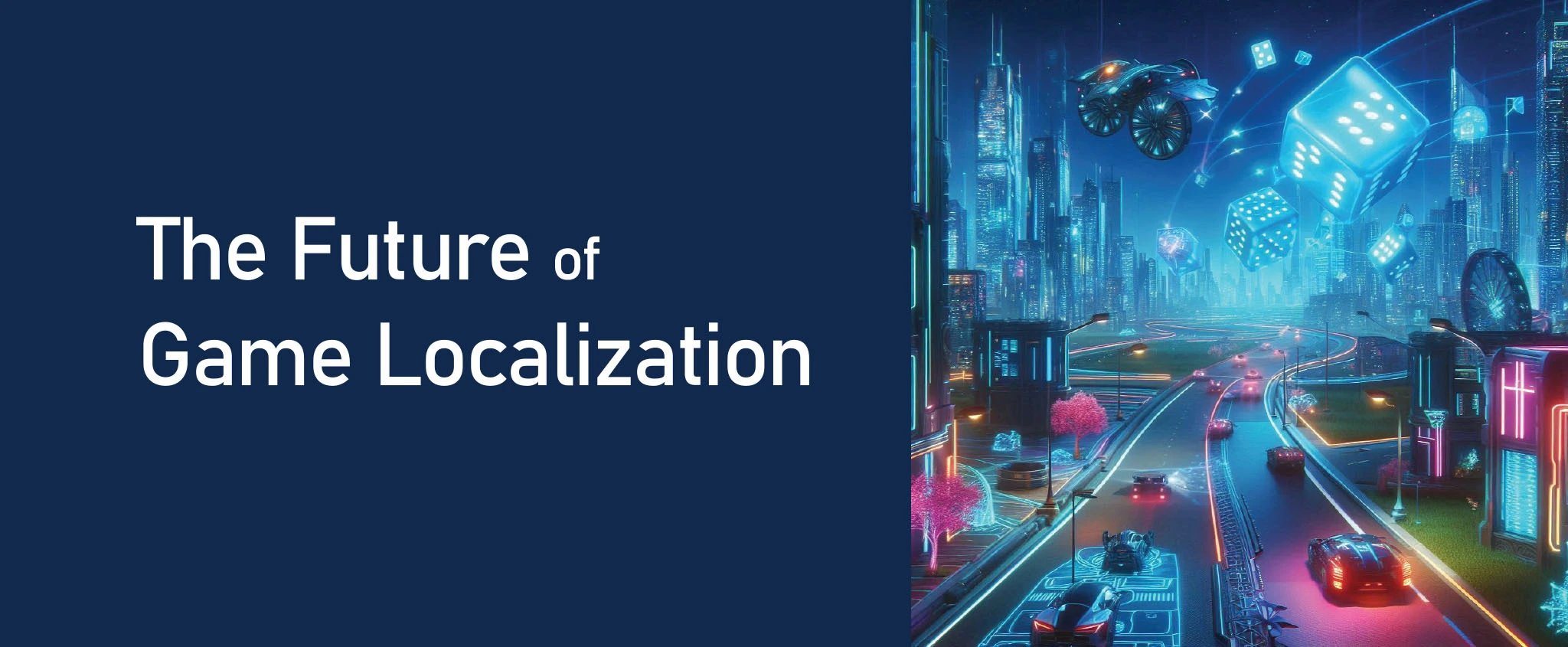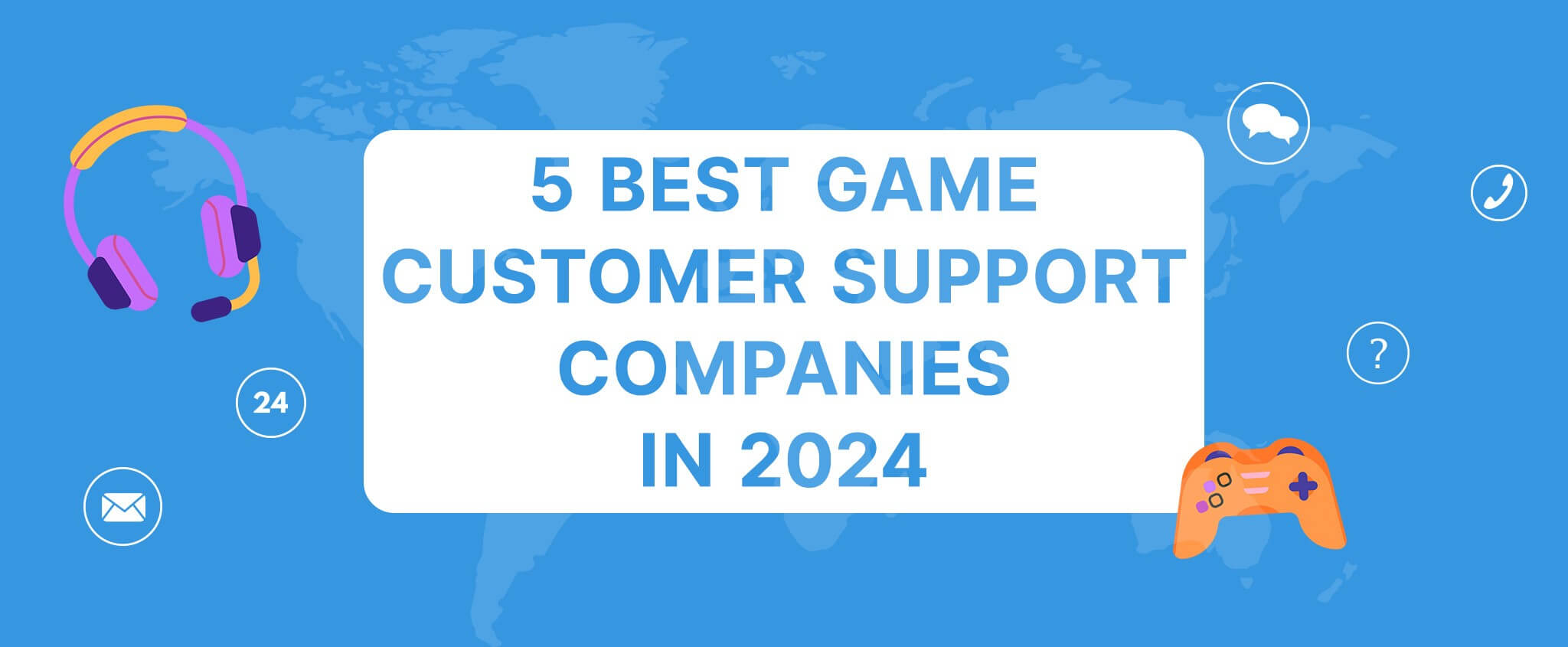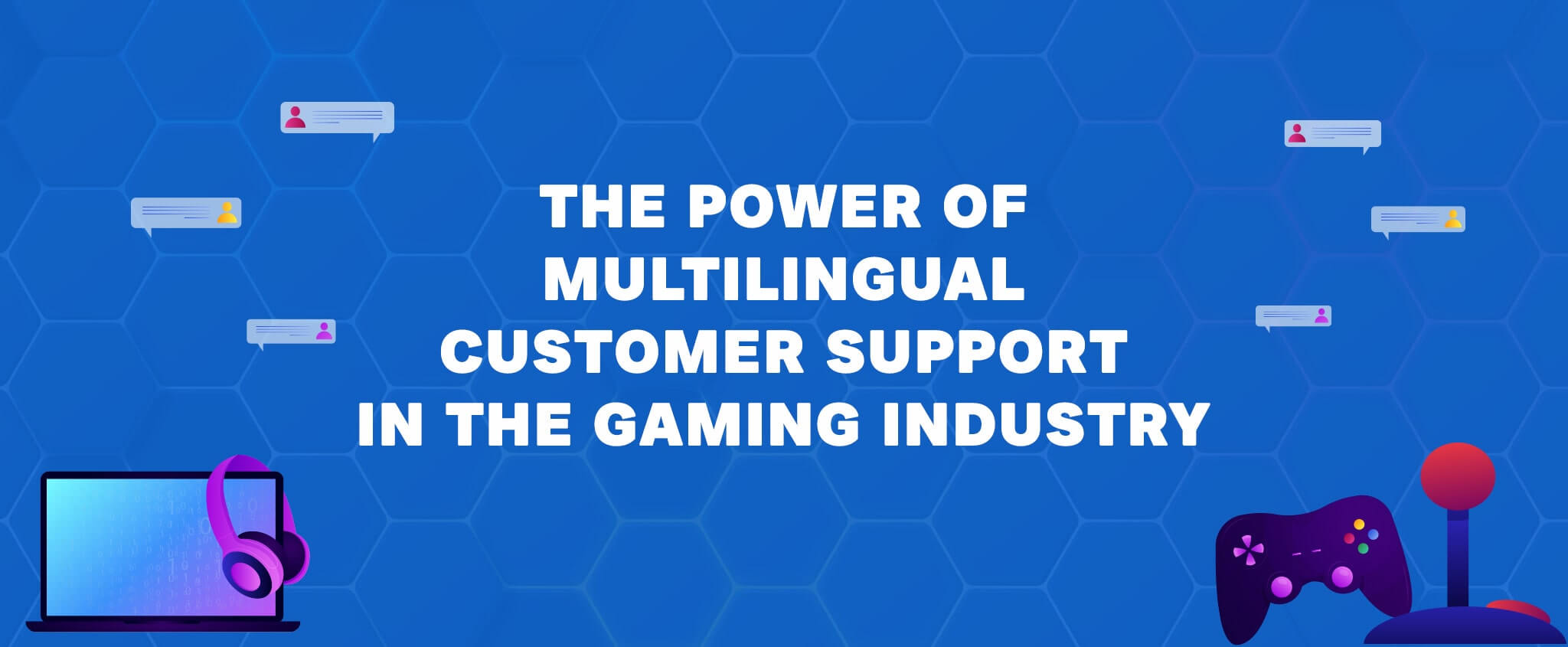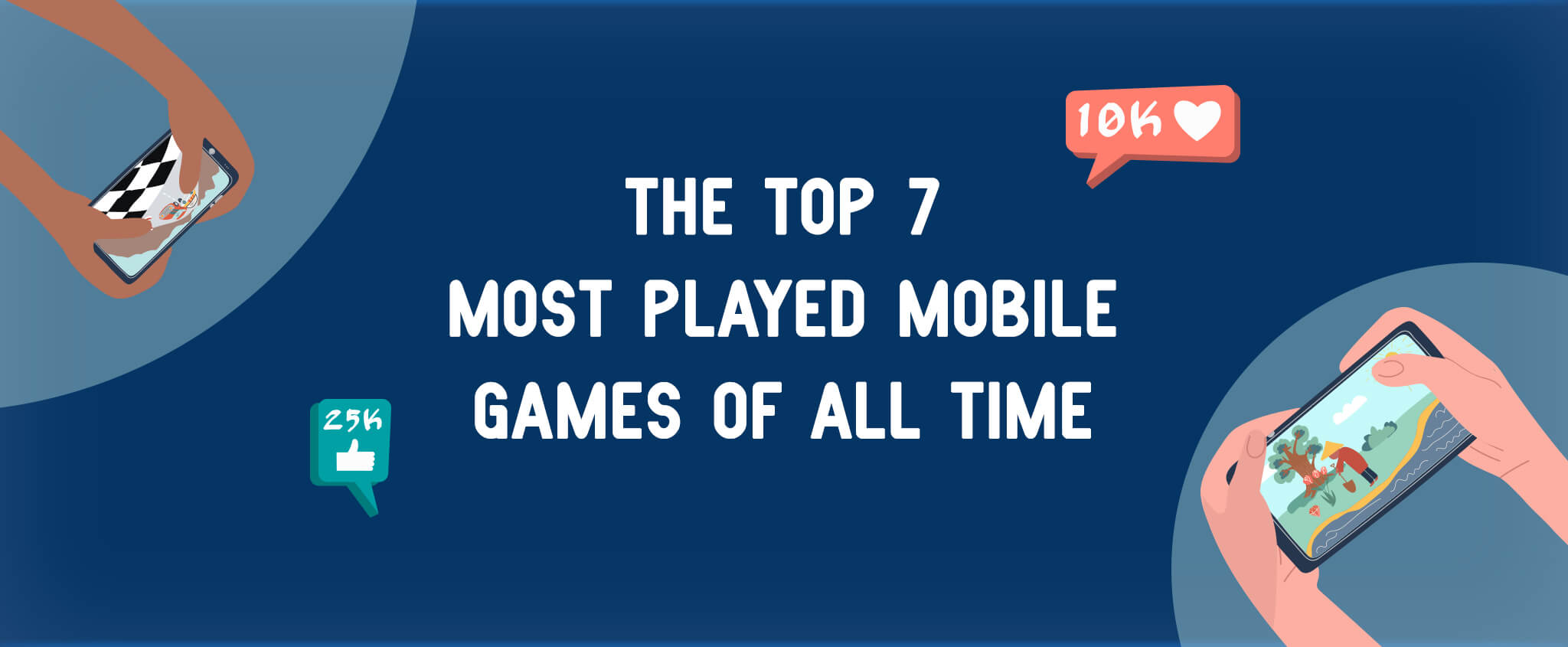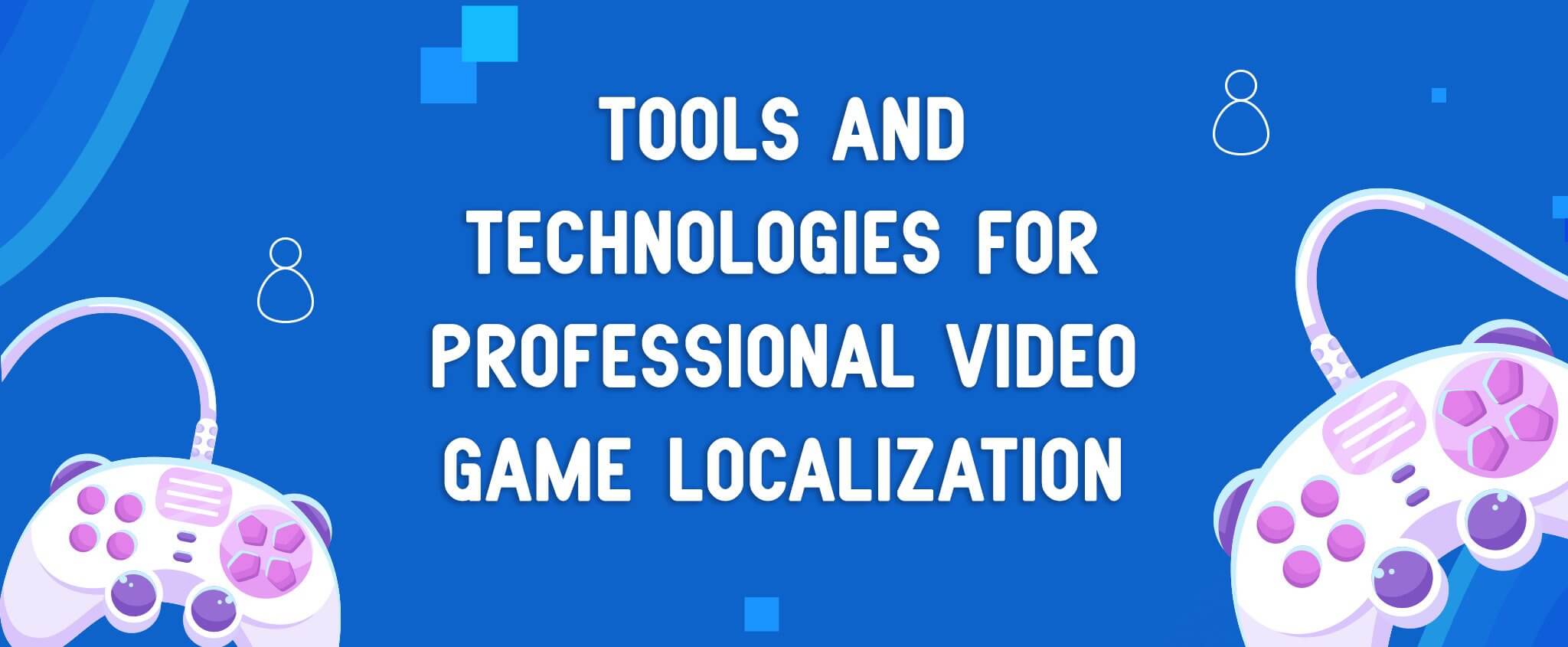Game Localization For Asian Countries
Asia has long since been the epicentre of computer game culture. In 2019, the region accounted for almost half (48%) of the global gaming market sales. The gaming culture and Esports market have also become more accessible and open to the masses as internet penetration has increased, while the overall industry of game localization for Asian countries and mobile gaming technology has progressively improved.
The need for localization
Around 64% of households in North America own a video game console, add the fact that one out of every five Americans primarily speak a different language other than English in their own homes. According to statistics, the majority of these gamers tend to favour playing the games in their native language; this situation presents as both an issue as well as an advantage to many game developers.
In recent times, releasing games in English only format to non-native English speakers has been met with uninspiring market results. Nonetheless, using free and accessible machine translation services did not fare any better. The constant reformation of local colloquialism and slight nuisances on native languages can essentially be properly localized by native speakers or experienced bilinguals or polyglots. Games have been outright banned in certain countries due to the failed attempt in accounting for these variables and the massively differing cultural sensitivities of each region.
A few examples of how a properly localized game has avoided negative reception are:
- Winemaking mini-game converted to a Juice party
In an Arabic localization of a cooking game on mobile, the minigame was translated to a juice party since alcohol is a cultural taboo in Arabic regions.
- Gay relationship re-written into friendship
In the western world, it is widely accepted for a couple to be in a gay relationship. However, that is not the case in most traditional or religious regions.
- Character renaming
The most prolific example of this is Final Fantasy 9 by Square Enix. In most of the regional versions, the main character’s name is Zidane. However, in the French, Italian and Spanish version, the character’s name was translated into Djidane, Gidan and Yitan respectively. This was done to avoid any misplaced association with the famous football superstar Zinedine Zidane.
Why Asia?
Around 64% of households in North America own a video game console, add the fact that one out of every five Americans primarily speak a different language other than English in their own homes. According to statistics, the majority of these gamers tend to favour playing the games in their native language; this situation presents as both an issue as well as an advantage to many game developers.
In recent times, releasing games in English only format to non-native English speakers has been met with uninspiring market results. Nonetheless, using free and accessible machine translation services did not fare any better. The constant reformation of local colloquialism and slight nuisances on native languages can essentially be properly localized by native speakers or experienced bilinguals or polyglots. Games have been outright banned in certain countries due to the failed attempt in accounting for these variables and the massively differing cultural sensitivities of each region.
A few examples of how a properly localized game has avoided negative reception are:
- Winemaking mini-game converted to a Juice party
In an Arabic localization of a cooking game on mobile, the minigame was translated to a juice party since alcohol is a cultural taboo in Arabic regions.
- Gay relationship re-written into friendship
In the western world, it is widely accepted for a couple to be in a gay relationship. However, that is not the case in most traditional or religious regions.
- Character renaming
The most prolific example of this is Final Fantasy 9 by Square Enix. In most of the regional versions, the main character’s name is Zidane. However, in the French, Italian and Spanish version, the character’s name was translated into Djidane, Gidan and Yitan respectively. This was done to avoid any misplaced association with the famous football superstar Zinedine Zidane.
A deep dive into the gaming market in China:
- China is home to 19% ovf the world’s population.
- They also house 19% of the world’s broadband users.
- Their software game market size is at $27 Billion.
- Their market share is at 27.5% of the global gaming market.
- 461+ million of the population are gamers.
- 302+ million plays on the PC.
- 379+ million plays on mobile platforms.
- 1.7+ million plays on console devices.
- China will most certainly remain as one of the largest video game translation and localization markets among the countries all over the world.
- With the huge variety of lifestyles in China, the Chinese market doesn’t have major genre preferences when it comes to game localization.
- They have been the dominant PC gaming market for 8 years in a row.
A deep dive into the gaming market in India:
- India is home to 1.3+ Billion people.
- Their software game market size is $739 million.
- Their market share in Asia at 2.3%.
- 56+ million of the population are gamers.
- 40+ million plays on the PC.
- 52+ million play on mobile platforms and currently ranked 5th in the world, and is expected to become the 3rd largest consumer of mobile games in a few years if the growth trend continues.
- 4+ million plays on console devices.
- They have gained their own major Esport league in 2017 and are already on their way to becoming a $1 billion market.
A deep dive into the gaming market in Japan:
- Japan is home to 127+ million people.
- The software game market size is at $7 Billion.
- Their market share is at 20.4% of the gaming market in Asia.
- 103+ million of the population are gamers.
- 65+ million plays on the PC.
- 92+ million plays on mobile platforms.
- 20+ million plays on console devices.
- Mobile game downloads are 5 times higher compared to the US.
- Japanese game developers dominate the mobile gaming space where 90% of the market revenue belongs to Japanese companies. The top 10 mobile games alone earn 50% of all mobile game revenues.
- They are one of the largest exporters of video game localization and translation among the Asian markets.
- The most popular game genres in the country are music and RPG.
A deep dive into the gaming market in Korea:
- Korea is home to 50+ million people.
- They remain as the 2nd world’s largest online gaming market in the world.
- The software game market size is at $2.7 Billion.
- Their market share is at 8.4% of the gaming market in Asia.
- 43+ million of the population are gamers.
- 36+ million plays on the PC.
- 18+ million plays on mobile platforms.
- 0.5+ million plays on console devices.
- The most popular Korean game localization genres in the country are simulation, sports, and racing.
- Korea has now been able to transition to adopting and localizing more games compared to before where they only consume homegrown titles.
With the video game localization industry in Asia being the world’s largest market, the area should always be high on the list of regions to be targeted for each game localization.
Take your games global with CCCI. We translate and localize video games for players around the world to create immersive experiences in 30+ languages. Whether in Europe, Asia, the United States, or the Caucasus region, CCC International provides customer service solutions in and for every country in the globe. This includes translating scripts, localizing user interfaces and testing it all for each platform and device you serve.
CCCI will allow you to expand your scope whether you are already a global or a start-up gaming studio just about to venture into the global gaming world. Let’s chat about your new global game today!
Check also – NFT in video games: what is an NFT and how does it work.
